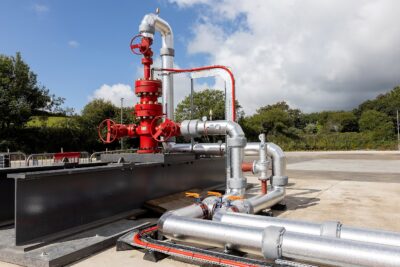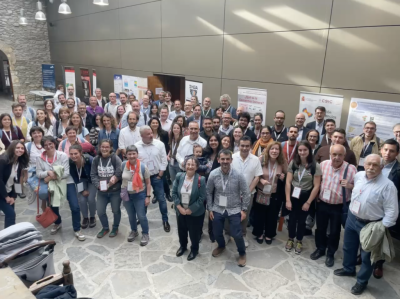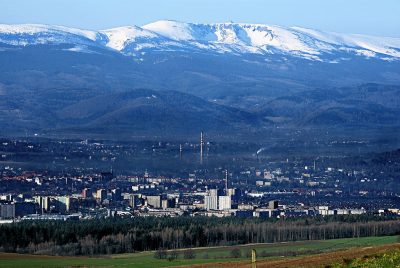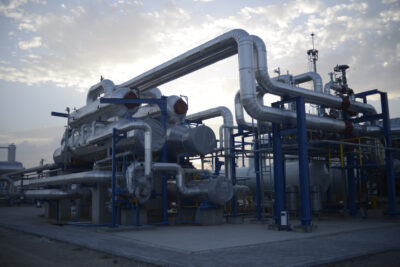New French PM cites geothermal as part of carbon-free energy policy
Newly appointed French Prime Minister Franc?ois Bayrou cited geothermal as part of a carbon-free energy policy during his General Policy Statement address.
In his general policy statement delivered to the National Assembly, newly appointed French Prime Minister François Bayrou cited geothermal energy, as well as nuclear, as important parts of a “low-carbon strategy” towards energy policy.
“Ecology is not the problem. This is the solution,” said the Prime Minister. “The effort to be made on this crucial subject, this adaptation, France has started it better than any country in the world. For me, this is a priority, an ardent obligation that must be pursued and expanded: plan the transition by finalising our low-carbon strategy; preserving our biodiversity; to produce, but in a carbon-free way, thanks to new technologies.”
“I am thinking, in particular, of our energy policy. This policy has one goal: carbon-free energy accessible to all. To achieve this, nuclear power is an essential axis, and geothermal energy, an inexhaustible reservoir of free calories under our feet, is also an essential one.”
Despite having one of the most developed geothermal industries in Europe, geothermal solutions still only contribute only 1% of the final heat consumption in France. To increase the share of all renewables to 38% by 2030, policy support for geothermal in France has been strengthening steadily in recent years. Before the end of 2023, the Ministry of Energy Transition published the finalized action plan that supports the deployment of geothermal energy to meet the needs for renewable heating and cooling for individual and collective buildings in Mainland France.
The French Association of Geothermal Professionals (AFPG) expressed support for Bayrou’s statement at the National Assembly, stating that “these words can only encourage all the players in the geothermal sector to continue their daily action for the development of this carbon-free solution capable of producing heating and cooling in our buildings.”
Source: XPAir and AFPG via LinkedIn



















